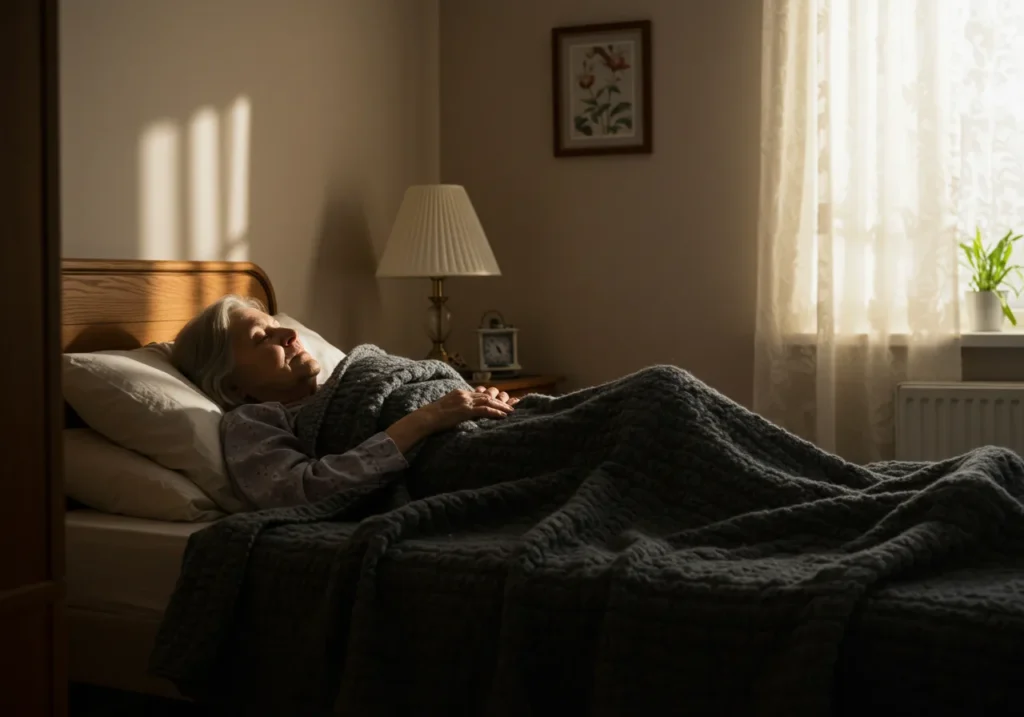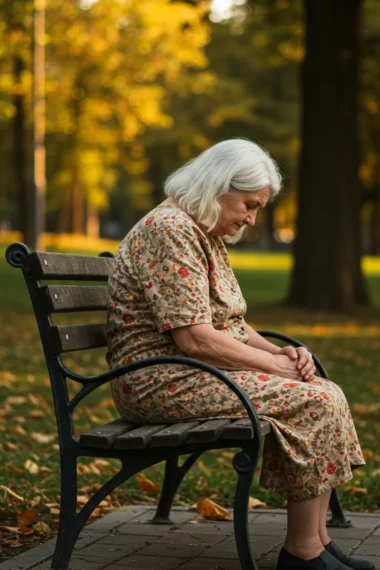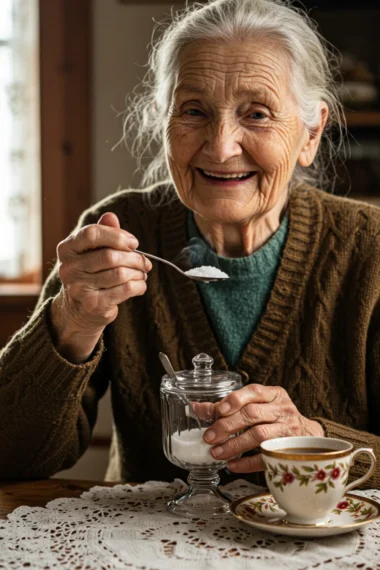Can You Really Die of Old Age? The Science, Myths, and Truth
People often say someone “died of old age,” but is that actually possible? Medically, doctors rarely use that phrase, instead pointing to heart disease, stroke, dementia, or multiple organ failure. Yet, culturally, we understand it as a natural end to life.
According to the Centers for Disease Control and Prevention (CDC), the most common causes of death among adults aged 65 and older in the United States are heart disease (22%), cancer (20%), chronic lower respiratory diseases (7%), stroke (6%), and Alzheimer’s disease (5%). Nowhere on that list is “old age.”
And yet, we often hear people say:
“She lived a long, full life and died of old age.”
So, what gives? Is it just a comforting phrase, or is there a biological truth behind it?
What Does “Die of Old Age” Actually Mean?
The phrase “die of old age” is not a medical diagnosis. Doctors don’t write it on death certificates because it doesn’t pinpoint a specific cause. Instead, it’s a layman’s expression used when someone passes away naturally after their body has gradually declined with age.
- Medically: Death is usually caused by specific failures—heart stops beating, lungs stop exchanging oxygen, kidneys shut down, or brain activity ceases.
- Socially: People use “old age” to describe a gentle, non-traumatic death after years of natural decline.
It’s more about life completion than a disease.
Why Doctors Avoid the Term?
The World Health Organization (WHO) and most modern healthcare systems don’t accept “old age” as a cause of death. Death certificates require a specific mechanism like:
- Cardiac arrest
- Respiratory failure
- Sepsis
- Stroke
- Multi-organ failure
Even if aging was the root factor, doctors still list the final condition that caused death.
For example:
- Instead of “old age,” a certificate might say “congestive heart failure due to hypertension and advanced age.”
This makes medical data more accurate for public health tracking.
More Opportunities: Associate vs Mid-Senior Level
The Science of Aging: Why Bodies Decline?
To understand how someone can “die of old age,” we need to look at what happens inside the body over time.

1. Cellular Senescence
Every time a cell divides, its DNA shortens at the ends (telomeres). Eventually, cells stop dividing and lose function. This contributes to weaker tissues and organs.
2. Immune System Weakening
The aging immune system—called immunosenescence—makes older adults more vulnerable to infections and slower recovery.
3. Organ Decline
- Heart: Arteries stiffen, making the heart pump less efficiently.
- Lungs: Elasticity decreases, reducing oxygen exchange.
- Kidneys: Filter less blood, increasing toxin buildup.
- Brain: Neurons die, leading to memory decline and dementia.
4. Frailty Syndrome
Aging often brings frailty, a condition marked by muscle loss, weakness, and vulnerability to even minor illnesses.
5. Multi-Organ Failure
At very advanced ages (90s, 100s), many people die from a cascade of organ decline rather than one single disease.
So in a sense, people can “die of old age”—but biologically, it’s the accumulated effects of many small failures.
Is “Old Age” Ever on Death Certificates?
Yes, but rarely. In the U.S., “old age” or “senility” was used in the past, especially before the 1950s. Today, some countries (like the U.K.) still allow “old age” if no disease is identified, but it’s discouraged unless the deceased was over 80 and no other cause is apparent.
Historical and Cultural Perspectives
Ancient Views
In ancient Greece and Rome, people believed you could “expire from old age” once the life force weakened.
Religious Views
- Christianity: Old age death often described as “called home by God.”
- Hinduism: Seen as completing life’s cycle, preparing for rebirth.
- Buddhism: Aging and death are part of the natural cycle of suffering.
Victorian Era
In the 19th century, “senility” and “old age” were common causes on death records, reflecting limited medical knowledge.
The Emotional Weight of Saying “Old Age”
When families say a loved one “died of old age,” they usually mean:
- The death was peaceful.
- No major suffering or violent cause.
- The person lived a long, fulfilling life.
It’s less about biology and more about closure.
Myths About Dying of Old Age
- Myth: The body just shuts off like a light switch.
- Reality: Death is gradual, involving system-by-system decline.
- Myth: Everyone who lives long enough dies of old age.
- Reality: Most die of specific illnesses, even in old age.
- Myth: “Old age” is a disease.
- Reality: Aging is a process, not a single condition.
Famous Cases of “Dying of Old Age”
- Jeanne Calment (1875–1997): The oldest documented person, died at 122. Cause: old age.
- Queen Elizabeth the Queen Mother (2002): Death certificate listed “old age” at 101.
- Betty White (2021): Cause listed as stroke, though many described it as “peacefully of old age.”
How Families Can Interpret It?
If a loved one’s death is described as “old age,” it usually means:
- No trauma or acute illness triggered it.
- The body gradually declined beyond recovery.
- It was nature’s way of closing life’s chapter.
This phrasing can bring comfort, emphasizing peace rather than disease.
Final Thoughts
So, can people really “die of old age”?
Yes and no.
- Medically: No—there’s always a specific physical cause.
- Socially & emotionally: Yes—it describes the natural, peaceful end of a long life.
The phrase survives because it captures something science can’t: the poetry of a life completed.
When someone dies “of old age,” it often means they passed in harmony with time itself.
FAQs
Is “old age” a real medical cause of death?
Not usually. Doctors list specific organ failures or diseases, though the public often uses “old age” to describe a natural passing.
Can someone die without a disease?
Yes, very elderly people may die from general frailty and system decline, without one major illness.
Why do families say “old age” instead of naming a disease?
Because it feels gentler, less clinical, and honors the full life lived rather than the illness.
Do animals die of old age?
Yes, in nature, animals often die when their bodies weaken and can no longer sustain vital functions.
Can science prevent death from old age?
Research into longevity, telomeres, and anti-aging therapies is advancing, but aging can’t be fully stopped—only slowed.











